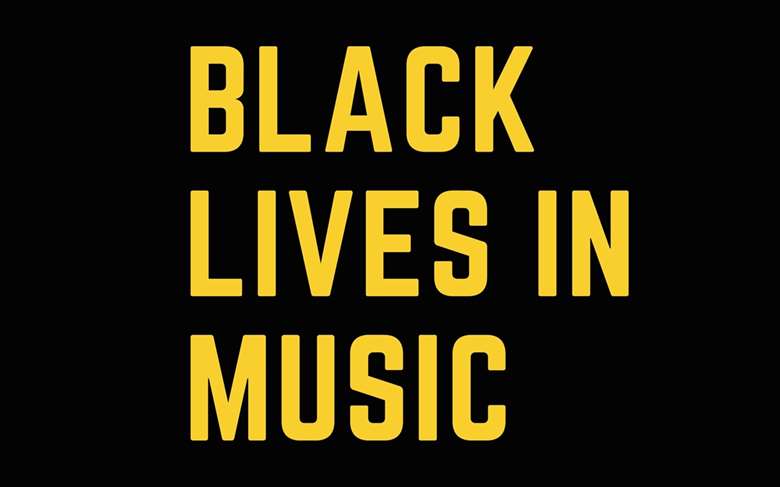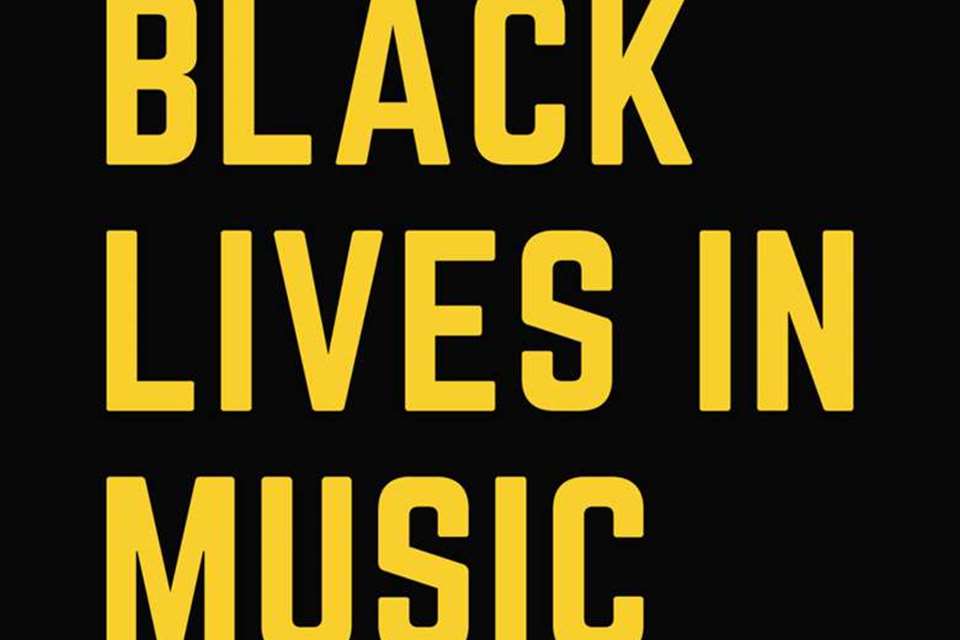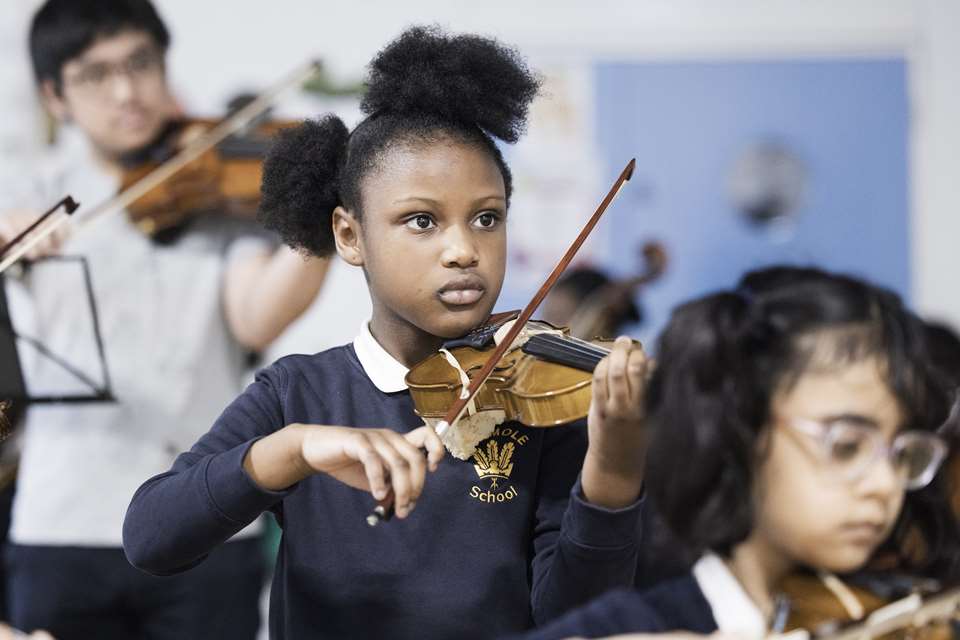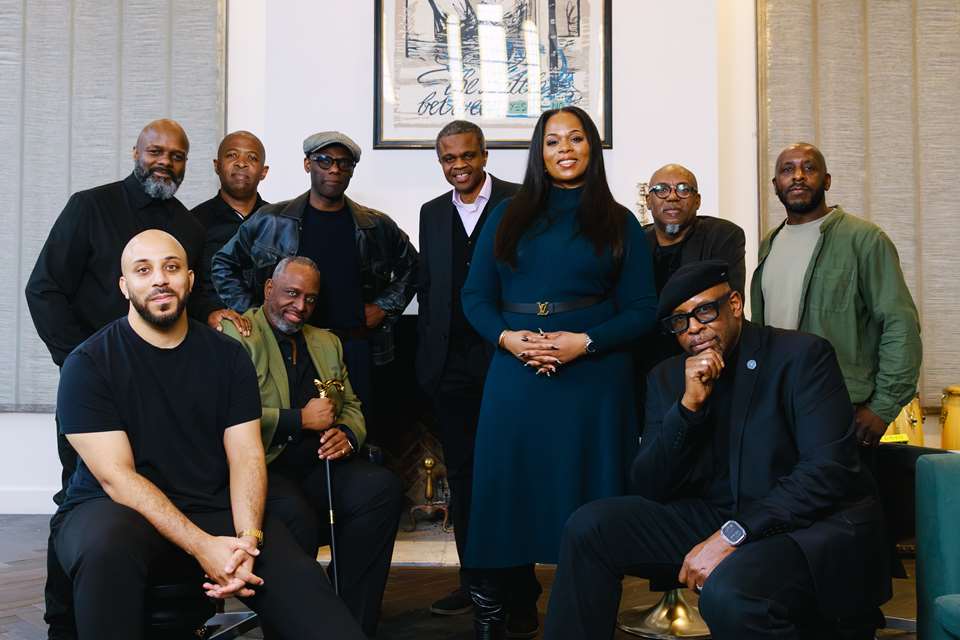‘We need to understand what is really going on behind closed doors’: BLiM launches bullying and harassment survey
Florence Lockheart
Thursday, April 18, 2024
Through the YourSafetyYourSay survey, Black Lives in Music aims to investigate the ‘true scale’ of bullying and harassment within the music industry


Register now to continue reading
Don’t miss out on our dedicated coverage of the classical music world. Register today to enjoy the following benefits:
- Unlimited access to news pages
- Free weekly email newsletter
- Free access to two subscriber-only articles per month


